The voters’ mandate is clear: NDA sarkaar for another five years.
As celebrations erupt across the state, with netas enjoying laddoos and litti chokha, the crowd-pleaser dish among people of Bihar, the uncomfortable memories of previous elections marred by crime and violence serve as a reminder of how the state has come a long way to enter a new dawn of elections.
Out of the total 243 assembly seats, the NDA has won 202, while the Opposition’s Mahagathbandhan has won 35 seats, marking a new feat for the BJP and JD(U)-led alliance in the state.
Catch all the live updates on Bihar Assembly Election Results
For a state that was infamously known for its ‘Jungle Raj’ (lawlessness), Bihar’s politics has evolved in the past few years. Bihar’s political landscape used to be synonymous with violence and crime. Come election time, the state used to smell of gunpowder, forcing the Election Commission to order innumerable repolls and sometimes even the postponement of elections.
Here’s a look at how Bihar has transformed from Jungle Raj in the 90s to zero repolls in 2025:
1985
The 1985 assembly polls in the state resulted in the deaths of over 60 people, with 1,370 instances of violent activities recorded across Bihar. The aftermath? As many as 156 booths underwent repolling.
However, 1985 was merely one of the several years when reports of murders and other violent crimes came to the fore.
1990
No lesson was learnt from the previous election, and the situation got worse in 1990 after a whopping 1,239 booths went to repolls after widespread cases of violence in the state. The number of political deaths increased as well, to 86.
Between 1980 and 2000, Purnea, for example, became notorious for its cycle of violent political vendettas. One of the most shocking incidents occurred on June 14, 1998, when Ajit Sarkar, a CPI legislator known for championing the rights of the poor and landless, was assassinated in broad daylight. As he returned from a public meeting, gunmen armed with AK-47s rode up on motorcycles and opened fire, killing Sarkar along with his driver and bodyguard.
1995
The year 1995 was a new low for Bihar, election-wise. The then Chief Election Commissioner, TN Seshan, declared that he would cancel the assembly elections in the state for that year if violence continued to persist. But, much to Bihar’s relief, the elections were not scrapped, but they were postponed four times.
The year saw 54 cases of violent activities, and despite pushing the elections four times, the menace of repolling did not stop, with at least 1,668 booths having to go through the entire election process again.
Quick Reads
View All2005
Things started to look up for Bihar a decade later, although in the year 2005, repolling was done in 660 booths in the state under Nitish Kumar-led JD(U) government at the time.
2025
By 2025, the contrast could not be sharper: not a single repoll was required. This year’s elections drew an extraordinary surge of public participation, shattering previous turnout records.
Conducted in two phases, voting reached 65.08 per cent in the first round and 68.76 per cent in the second. Women led the democratic charge with a turnout of 71.6 per cent, far outpacing the 62.8 per cent recorded among men. Overall, voter participation climbed by nearly 9.6 percentage points compared to the 57.29 per cent turnout in 2020.


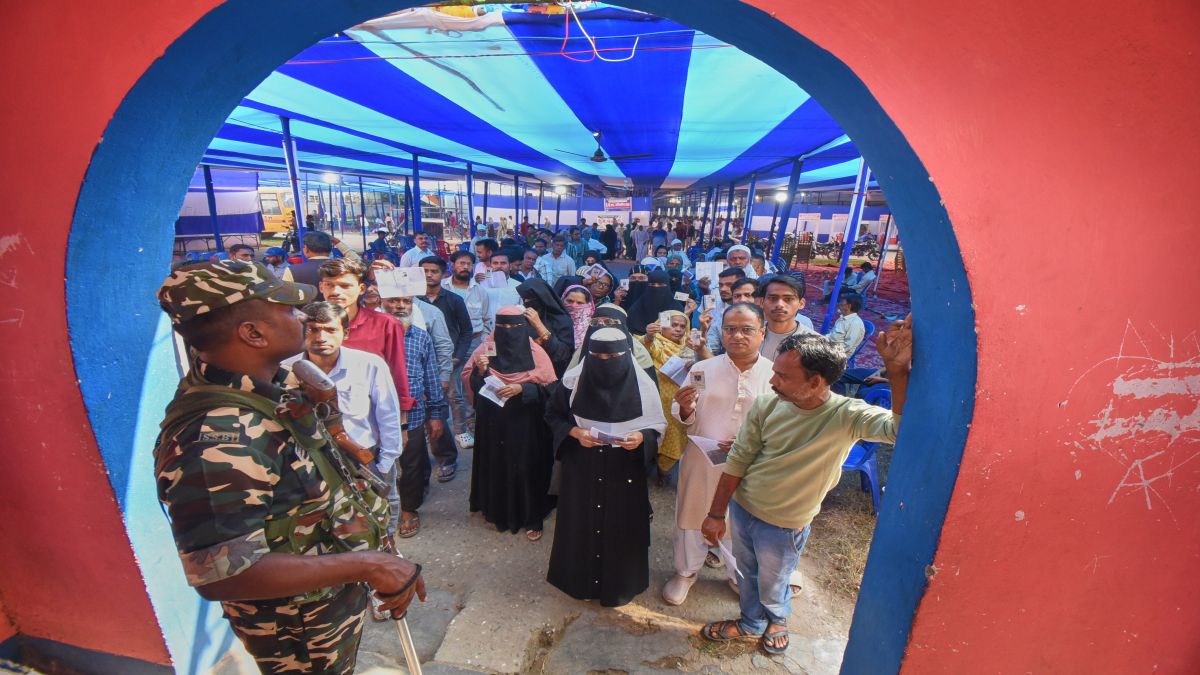)
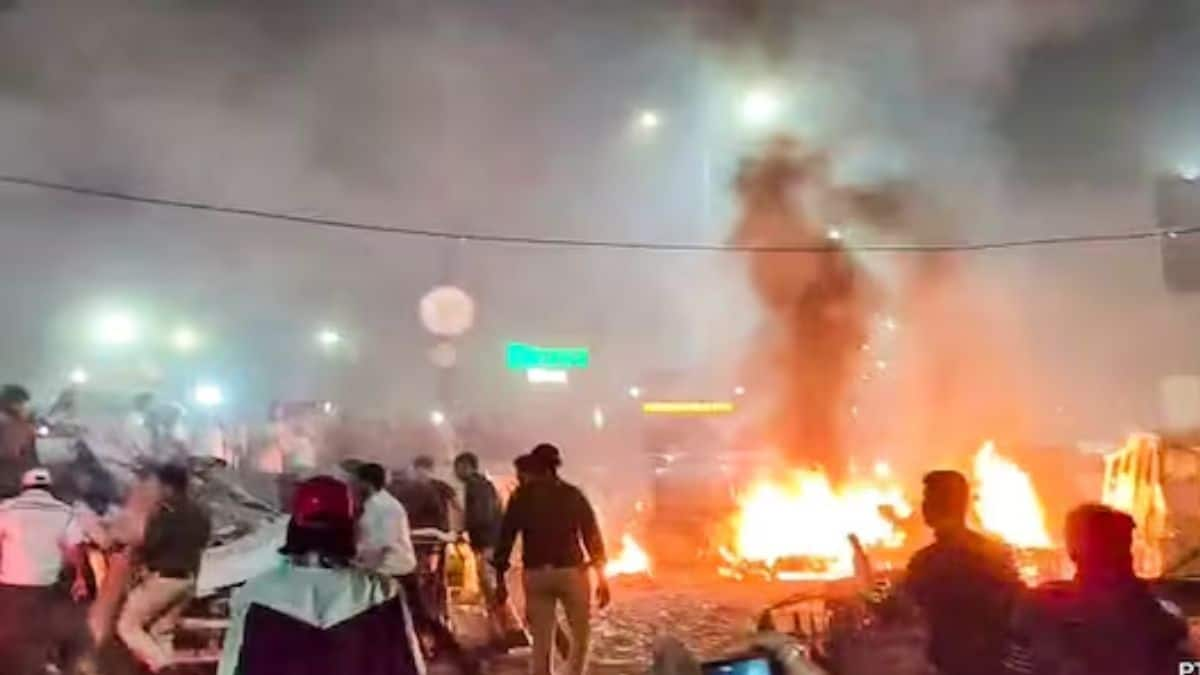
)
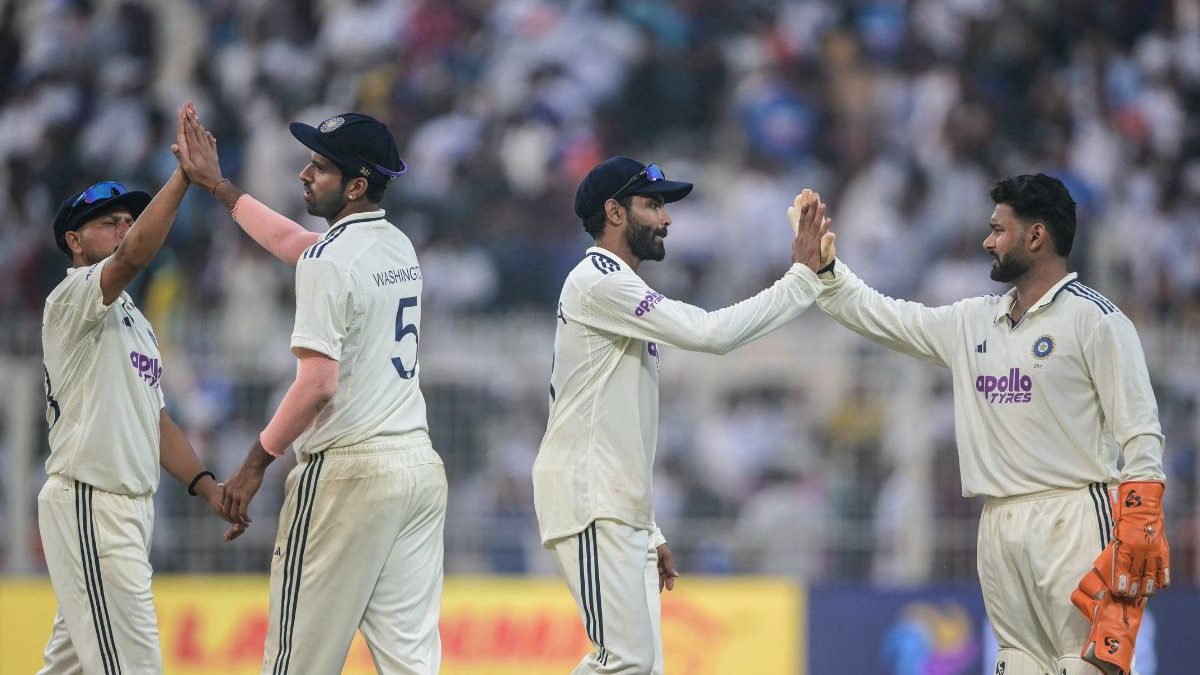)
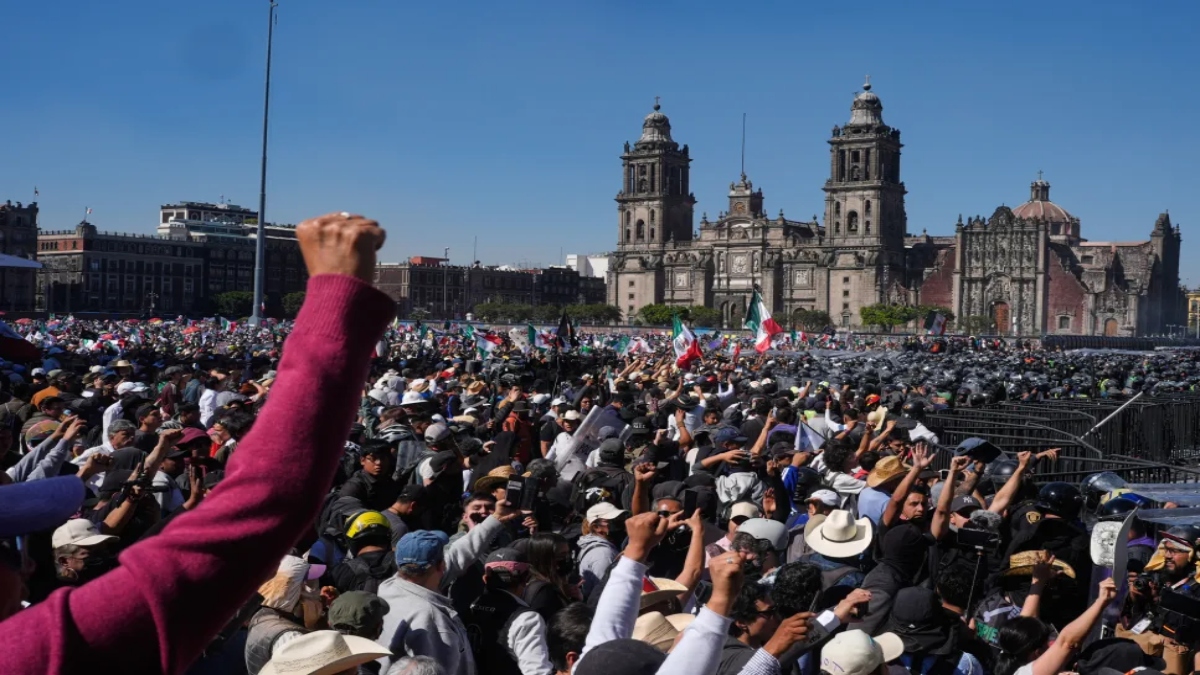)
)
)
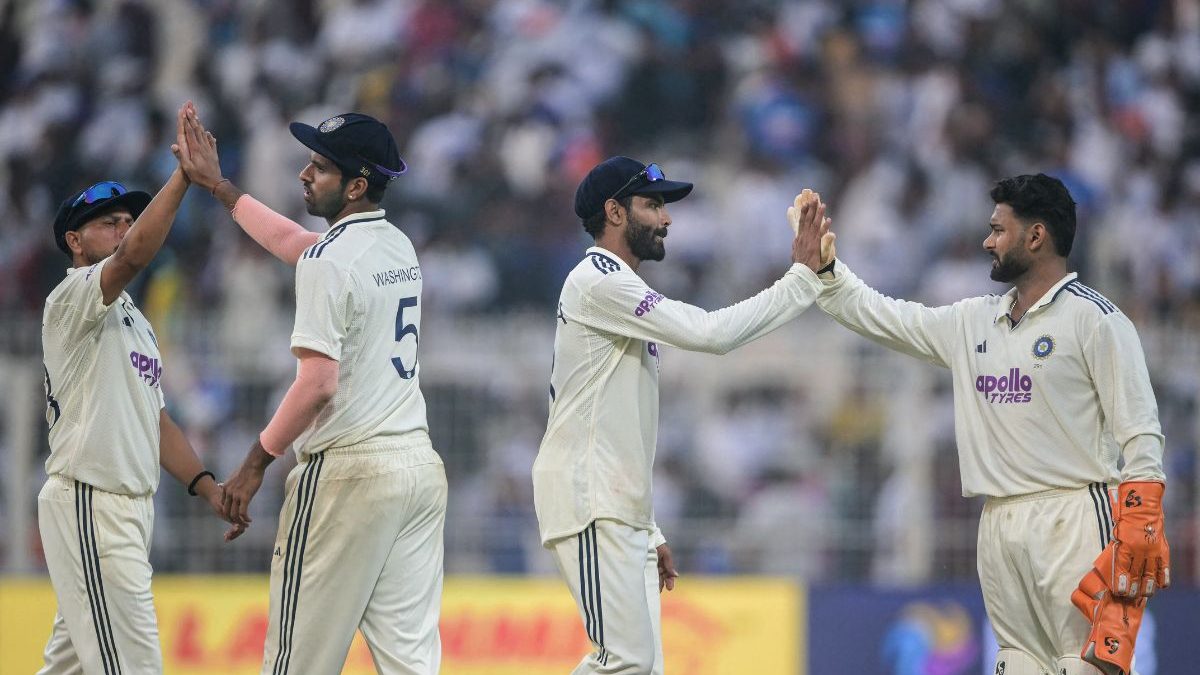)
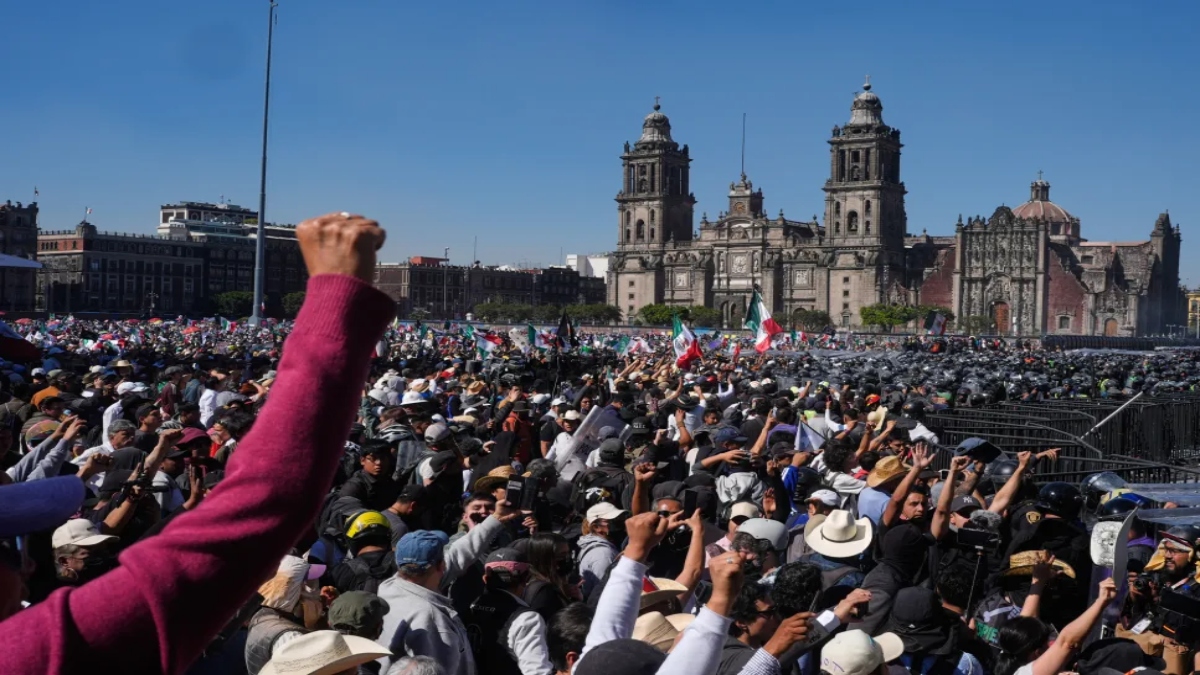)
)



